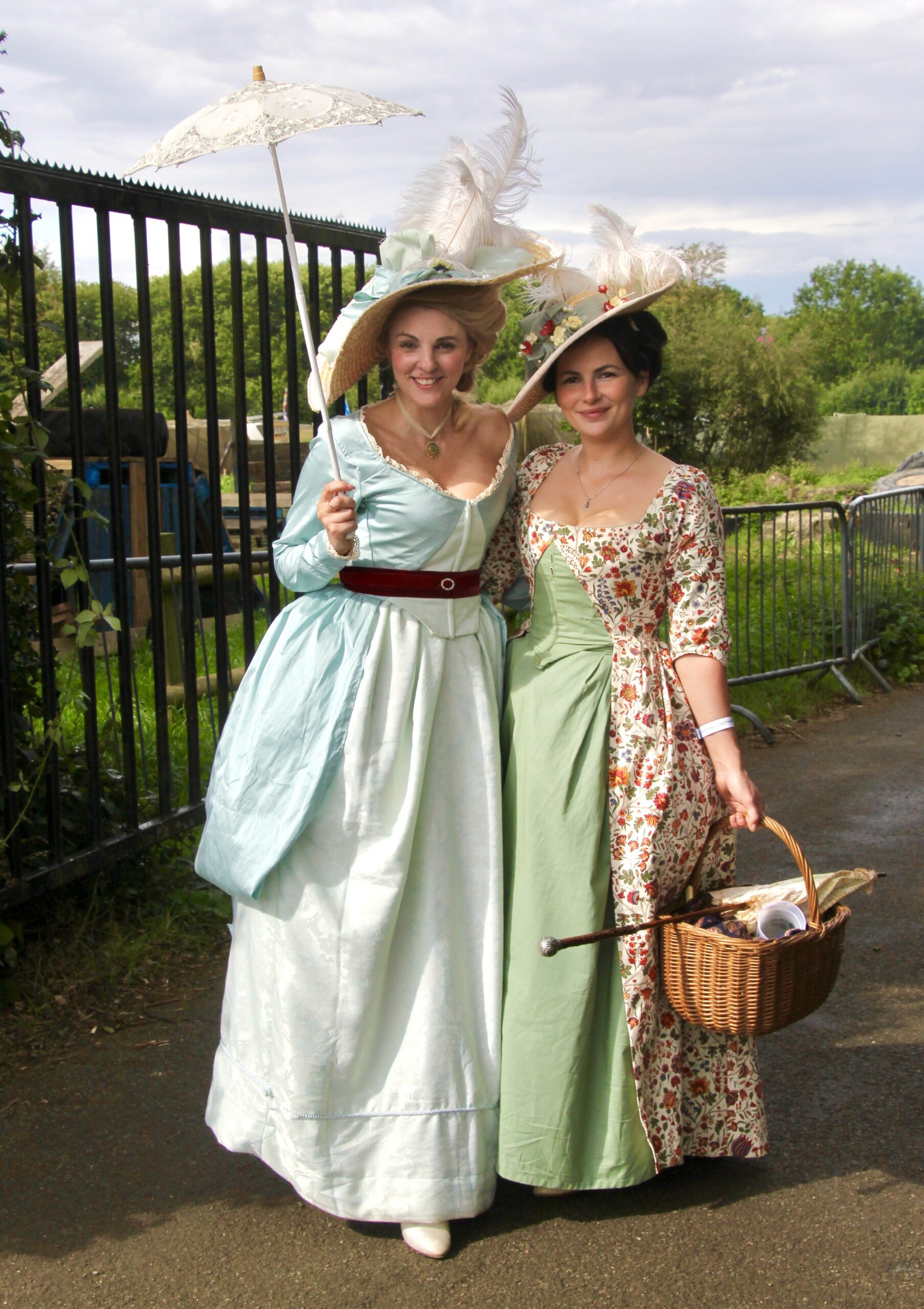Victorian

Victorian
Napoleonic was a series of wars that involved the French, and some European states, which formed a coalition to defend themselves against Napoleon I. The war put the French on the front of 23 years of recurring conflicts that resulted in the Battle of Waterloo and Napoleon’s second resignation in 1815. After the 18-19 Brumaire coup in 1799 and taking over a chaotic republic, Napoleon successively established a state with stable finances, government, and well-trained military. Although Italian forces had successfully won in a series of victories, the course of Switzerland campaigners has mirrored the growing differences between Austria and Russia, which later formed a coalition and declared war against the French. In reaction, Napoleon defeated the Russo- Austrian army at Austerlitz in 1805, considered one of the most profound victories from the French. Conversely, the British relentlessly defeated the Franco- Spanish navy at sea in the battle of Trafalgar in 1805, which fortified British control in the sea, and prevented attacks from the French.


Demographic changes experienced in the Victorian era saw population increase, although Britain experienced a population decrease in 1901 due to emigration and the great famine. British relations in the Victorian era with other great powers were driven by antipathy with Russia, with international free trade maintained through industrial supremacy and the country’s naval. During the Victorian period, British embarked on its world expansion in Asia and Africa, making British the largest empire in the history of the world. The revolutionary transformations in the Victorian era resulted in too many changes in the world with birth. They spread political movements, most remarkably liberalism, organized feminism, and socialism. The Victorian era marked the resistance to the rationalism used to define the Georgian period, increasing acceptance of romanticism and mysticism regarding social values, arts, and religion. The era saw increased innovations that played a significant role in Britain’s power and prosperity.

